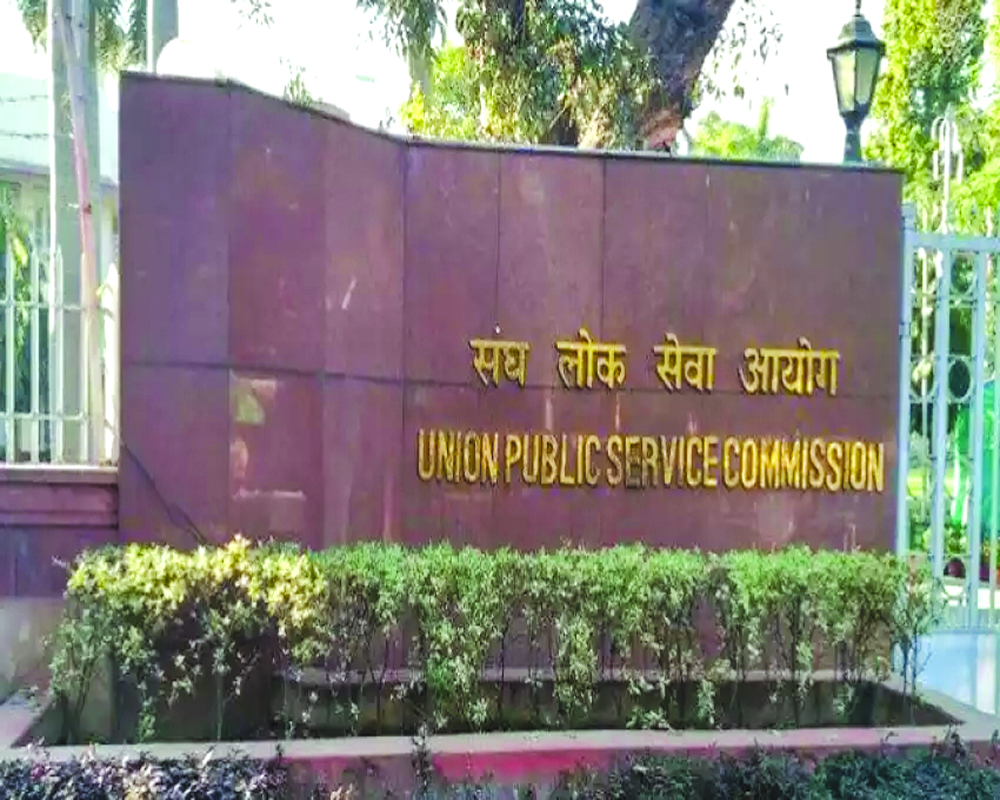The British administered India with the help of Indian Army and an institution called the ICS
India as an entity has existed for several millennia. The concept of a unified territory from the 'seas to the horizon'has been documented at least from the time of the Gupta Empire in the 4th century AD). India has seen different models of administration, including those of the Mauryan and Harshaempires, the Cheras, the Cholas,and the British.
India came under the British Crown in 1857 and was known as 'British India'. The rule lasted 90 years. There is a notion that this imperial state unified India administratively. It is a myth. British India was initially ruled from Calcutta and then the capital moved to Delhi. Besides the territory under direct British rule, there were hundreds of princely states with various degrees of administrative and revenue autonomy: Travancore-Cochin, Baroda, Jammu and Kashmir being among them. The British withdrew from India with a strange term that the princelystates could secede to either of India and Pakistan. It was an attempt to restore the status quo ante to 1857.
The British administered India with the help of the Indian Army and an institution called'The Indian Civil Service'. After Independence, the service metamorphosed into the Indian Administrative Service.
The story of Indian unity post-independence is a saga that many have testified to. Sardar Vallabhbhai Patel was the chief architect of the merger of the princely states with India. Some territories also merged with Pakistan by a wafer-thin majority.The first few years of Indian independence were also spent on reorganising the Indian Union into linguistic states and the states into districts. The story still continues with new states emerging and the districts of the states being reorganised.
Two administrative reforms commissions have been set up since independence and their recommendations used to carry out administrative restructuring.Appraisal systems of IAS officers have been thoroughly revised and the writer has been involved with some of these efforts. It is not sufficiently recognised that every IAS officer does not automatically graduate to the level of Secretary to the Government of India. There are institutional filters, evaluations, barriers, and in-built learning opportunities
After 1947, the nascent Indian Administrative Service, through special recruitment, spread across India. However, a few thousand civil servants, definitionally, could not fully administer all aspects of a nation's life. Their expansion no matter how planned was bound to leave gaps.
One of the first felt needs was for an 'Indian Foreign Service' which would handle external affairs. An all-India competitive examination was conceived and the Union Public Service Commission was entrusted with the task of holding it and selecting recruits depending on their need.
Administering India is not just a simple function of civil administration. The railways have to run, health and education need policy attention, information needs handling, etc. So, separate services like the Indian Railway Service and the Indian Information Service were created while IRS and IPS became essential collaterals of the Indian administration.
Over time, administrative groups were created, with IAS, IPS, and Indian Forest Service officials coming under Group A. However, because of their coordinating role, IAS officers remain prima donnas. Their perks and salary structures are also superior.
Gradually, the states developed their own civil service to look after their administrative needs. Provision is there for movement from state service cadre to central service cadre after due evaluation.Domain specialists began to occupy specialised administrative positions, especially in the departments of science and technology, biotechnology, taxation, and customs.The message is simple: the Indian Administrative Service, in its fullness, is amongst the powerful sections that administers India.
(The writer is founder Director, IIM-K and a management thinker and practitioner. The views expressed are personal.)
























